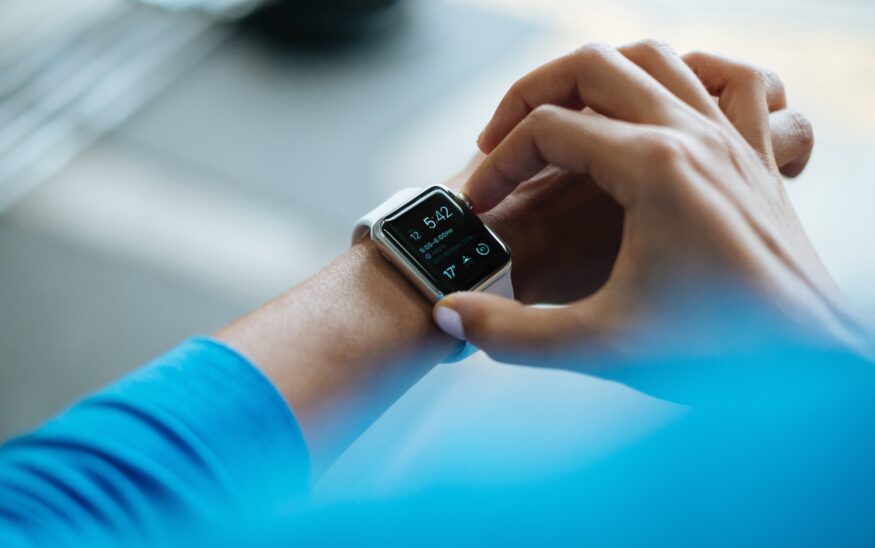Digital Health Trends for 2018
New advances are changing how health care is paid for and delivered
Sam Ho //January 14, 2018//


Digital Health Trends for 2018
New advances are changing how health care is paid for and delivered
Sam Ho //January 14, 2018//

Technology continues to change how Americans work and live, especially when it comes to health care. New advances are changing how health care is paid for and delivered, putting access to information at our fingertips and creating a more seamless health-care experience.
This revolution was on display last week in Las Vegas, home of the International Consumer Electronics Show (CES). This annual showcase brings together the latest innovations from companies worldwide, including health and wellness organizations.
With that in mind, here are five digital health trends that consumers and business leaders should watch for this year.
MOBILE PAYMENTS
The health-care system is modernizing how care is paid for, including the addition of mobile payments. More consumers are using mobile wallets such as Apple Pay, to purchase qualified medical services from a health savings accounts (HSA) with their mobile devices. These new capabilities allow for more convenient transactions at health-care providers' offices and pharmacies, which can help save people time and facilitate faster payments for care providers.
WEARABLES
The technology market is booming, with revenues expected to reach nearly $52 billion by 2022, according to a recent report from Markets and Markets. This is good news for consumers, as wearable devices enable people to track their daily steps, monitor their heart rates and even analyze sleep patterns. Employers and health plans are including fitness trackers as part of corporate wellness programs to help improve health outcomes and reduce health-care costs.
REMOTE MEDICAL MONITORING + TREATMENT
In addition to wearable sensors, other consumer devices are offered to enable more widespread remote medical monitoring and treatment. More consumers now have access to telemedicine services through smartphone apps and online, to provide more convenient and cost-effective care. People with specific medical issues can also access resources such as wireless scales, which can notify health-care professionals about sudden weight fluctuations that could signal the need for immediate medical attention.
ARTIFICIAL INTELLIGENCE
Artificial intelligence and machine learning leverage treasure troves of data to improve the effectiveness and efficiency of health-care services. The potential applications are wide-ranging, including closing gaps in care, eliminating unnecessary treatments and improving the speed and accuracy of customer service calls. In the future, artificial intelligence will be increasingly deployed to predict disease before someone is afflicted; understand what facilities or physicians produce the best outcomes for a specific condition; and engage patients so they can receive care in a timely manner.
BLOCKCHAIN
The rise of cryptocurrencies, such as bitcoin, has captured attention and headlines, but the underlying technology, known as blockchain, has significant potential for health care. A blockchain securely and cooperatively shares database transactions across multiple computers to provide a synchronized source of truth that can help automate processes and many improve the security and integrity of health-care information, reducing data reconciliation costs and easing administrative burdens. Blockchain can help consumers store and share complex health data, which may help health professionals personalize care and make it easier to navigate the health system.
UnitedHealthcare invests more than $3 billion annually in data, technology and innovation to help consumers take a more active role in their health. By using technology to help encourage people to pursue healthy behaviors, and more easily navigate the system, the goal is to advance care management and set the foundation for better outcomes in the future.
Dr. Sam Ho is the chief medical officer of UnitedHealthcare.


























